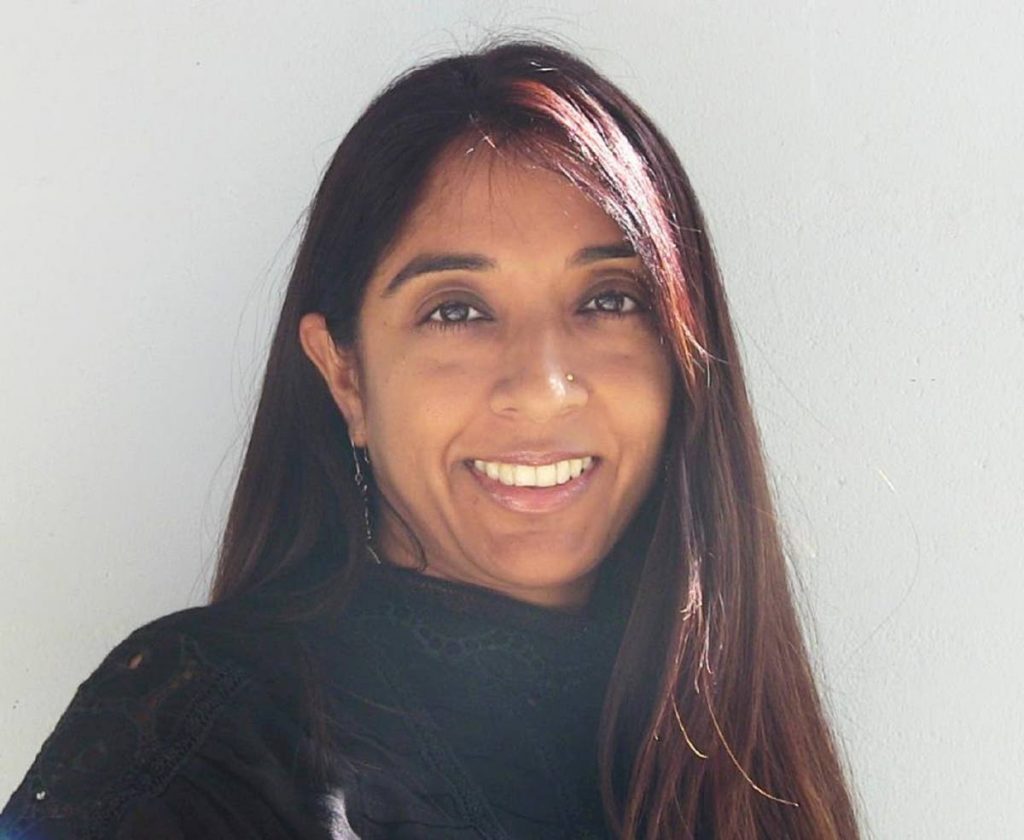A sister in struggle

DR GABRIELLE JAMELA HOSEIN
AS A young woman entering Caribbean feminism in the 1990s, I was inspired and guided by the TT chapter of the Caribbean Association for Feminist Research and Action (CAFRA TT). I learned as much from listening and watching these sharp, wise and conscious Caribbean women as I did from university. They weren’t easy, but those rose-coloured days are full of memories of seemingly-older women gnashing at oppressive relations just as much as sharing a laugh, perhaps as a survival strategy, over the foolishness of it all.
They loved the “tea parties” I found quaint, believed in the power of letters to the editor, were firm that women’s groups worth their salt were grounded in paid membership and active members, and held the broad aspiration of justice for women and men everywhere.
Conversations included global struggles, labour struggles and women’s struggles. There were often cross-ethnic conversations with differences in experience and opinion, and they navigated a slew of strong personalities that didn’t always get along, often debated and even disagreed, but were highly protective of each other. I learned the basic decency of this feminist ethic of refusing to attack each other publicly the way that men do. I saw both their tensions and undercurrents, and commitment to collaboration through it all.
From 2003 to 2016, Tara Ramoutar was national representative of the TT chapter of CAFRA. This column honours her contribution to Caribbean feminist movement-building. A small, sharply astute and fiery woman, I admired her quiet leadership, her quick movements and her ready laughter.
Tara’s family grew cane, rice and garden vegetables. Her father would listen to parliamentary debates on the radio, and they would discuss everything from politics to sports. It highlights the paucity of stereotypes that insufficiently recognise how rural and agricultural Indian families nurtured children’s vociferousness and challenge to injustice, and supported Indian daughters’ participation in Black Power and labour movements in the 1960s and 1970s.
Tara tells a story of a march from Paramount Building in San Fernando, in March 1974 around 10 o’clock. Instead of putting on her school uniform, she told her mother she was going to join the OWTU, ending up directly facing a barrage of policemen with shields, bayonets and tear gas, and getting home near night. Imagine secondary school girls choosing to march with workers, and parents accepting a daughter so outspoken against authority.
In the 1970s, Tara began working with the Transport and Industrial Workers’ Union, and developed a consciousness of women workers’ struggles with low wages from local businesses and factories, from Bata to Neal and Massy car plant, Amalgamated Industries, and other companies long closed. Women were encouraged to become shop stewards, branch presidents, and treasurers in the union, building their sense of strength to end poverty, violence and inequity.
Shaffira Hosein, past shop steward with the Bank and General Workers’ Union and CAFRA member, tells a similar story of the close networks among union and feminist movements.
From there, Tara joined Concerned Women for Progress, formed by such women as Patricia Mohammed, Pat Bynoe, Rhoda Reddock, Gaietry Pargass, Carol Gobin, Cathy Shepherd and Linda Rajpaul, which highlighted issues facing women farmers, and women’s health and reproductive rights, and which held the first forum on rape. With women like Cynthia Reddock, Tara helped to form the Consumer Protection Movement, focusing on concerns such as food prices, and helping to write its constitution. She was in the Cuba Friendship Association with Michael Als, James Millette, and Vincent Cabrera.
By the time CAFRA was founded in 1985, first co-ordinated by Rawwida Baksh, structural adjustment was crippling Caribbean industries, workers and women. Mentored by Cathy Shepherd at CAFRA TT, Tara went on to be the small-built Indian woman I saw at the helm throughout many of my early feminist years.
In a 2014 interview on IGDS’s YouTube page, Tara called for us to continue conversations with each other directly, in the way that once strengthened and consolidated women’s groups and which, despite or perhaps because of social media, we need more than ever today.
For her, CAFRA’s work is also to continue to build consciousness in women so they can chart their own course and never be afraid of anything.
Women’s contribution to social movements is often forgotten, and many can’t name women like Tara, or anticipate histories and politics like hers. Her contribution is vivid in my memory, and remembering contributes to our multiethnic legacy.
Tara Ramoutar, comrade and sister in struggle, please accept my heartfelt respect.
Diary of a mothering worker
Entry 391
motheringworker@gmail.com


Comments
"A sister in struggle"